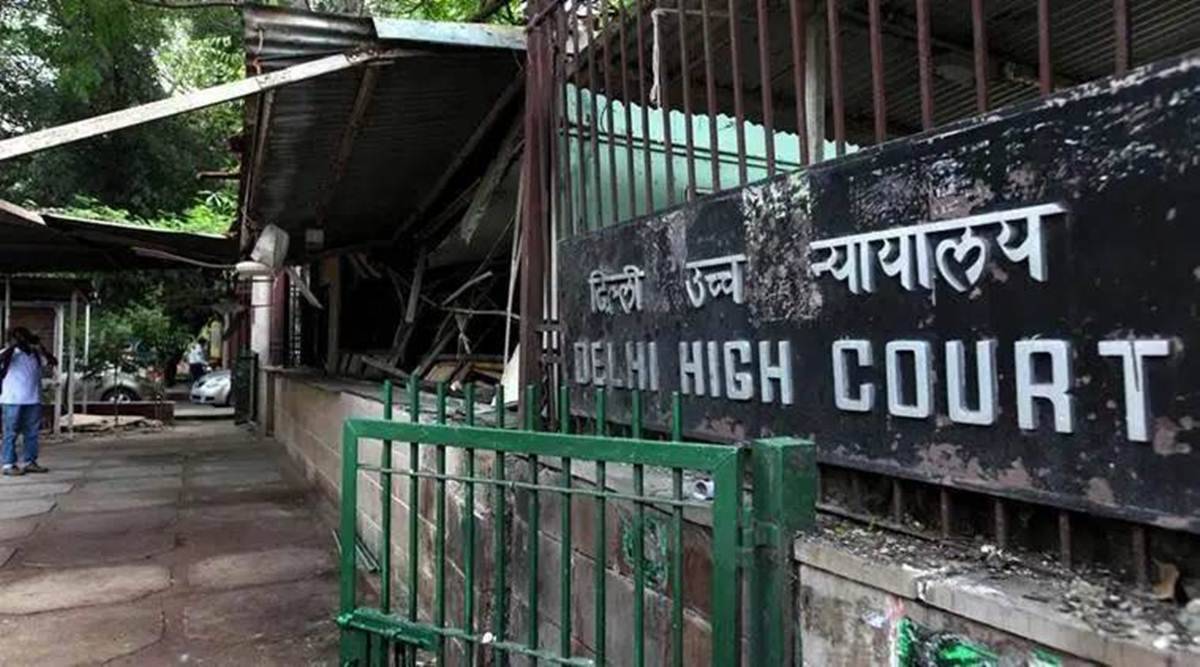 Delhi High Court (File)
Delhi High Court (File) Senior Advocate Rajshekhar Rao, an amicus curiae in the case challenging the legal exception that protects men who have forced non-consensual intercourse with their wives from criminal prosecution, Friday before Delhi High Court argued that a woman’s marrying a man and his ignoring the absence of consent does not entitle the legislature to say that it is intelligible to differentiate between the relationships and deny the wife the possibility to prosecute him for the act of rape.
“The legislature does not say a man is entitled to rape his wife but the question is does this effectively translate into that in real terms. The legislature does not say a man is not entitled to assault his wife, is not entitled to sexually abuse his wife but it does seem to suggest that a man can rape his wife and get away from the prosecution from offence of rape,” submitted Rao, before the division bench of Justice Rajiv Shakdher and Rajiv C Hari Shankar.
Rao was responding to Justice Shankar’s observation who said that the statute does not say absence of consent is irrelevant in a case of rape where the perpetrator is husband and the victim is wife. “You say consent is the whole issue. With greatest respect, Mr Rao, according to me, consent is not an issue here. In my prima facie view, there is a differentia. The differentia is not made out on the issue of consent or no consent or anything,” observed Justice Shankar, who has previously said that there is a difference between expectation in a married couple’s relationship and of a couple who are not married.
Justice Shankar on Friday observed, “According to you, marriage does not create an intelligible differentia, there is no basis for legislature to carve out a distinction. There prima facie I have a lot of reservation….It is not, you know, buying a glass of milk, it is marriage”.
During the hearing, Rao also argued that the courts have held that a marriage is a partnership of equals and a woman is not a man’s chattel and if a woman does not cohabit with a man despite marriage, his remedy is not to beat her up but to seek restitution. “…and in the event he gets a decree of restitution, even then the law says that you can’t sleep with her if she does not want to, and she is your wife legally. At that stage, the law says your remedy is to seek attachment of her property and not of her body, which is also incidentally her property as held by your lordships,” continued Rao.
Further elaborating the point, Rao said if the law allows a man to enforce the “right of a legitimate expectation as a married man to sexual intimacy” with wife but does not give him the authority to sleep with her, “is it permissible from a constitutional law standpoint and a reasonable standpoint and intelligble differentia standpoint to suggest that you can still then sleep with your wife without her consent? She is not even saying I am going to divorce you. She is just on that day saying I am not in the mood today.”
Rao added that though the law does not say so but does subtly say “if you do so despite your wife’s consent in otherwise happy marriage you will not be called out for raping your wife”.
Stating that the exception in IPC 375 – which is under challenge before the court, is a condescension that comes from the legislature, Rao referred to the Supreme Court’s judgement on right to privacy and said that privacy has been held to include spatial control which denotes creation of private spaces, and decision autonomy which means intimate personal choices and those governing reproduction.
“So she can say we can sleep on the same bed but you will not cross the line today. Or even if you cross the line you may put your hands around me but you may not touch me in another manner. As harsh as it sounds, the remedy is not to force yourself… We are all cognizant that this happens in every relationship. It happens all the time and the question is how does the man react,” submitted Rao.
- The Indian Express website has been rated GREEN for its credibility and trustworthiness by Newsguard, a global service that rates news sources for their journalistic standards.


